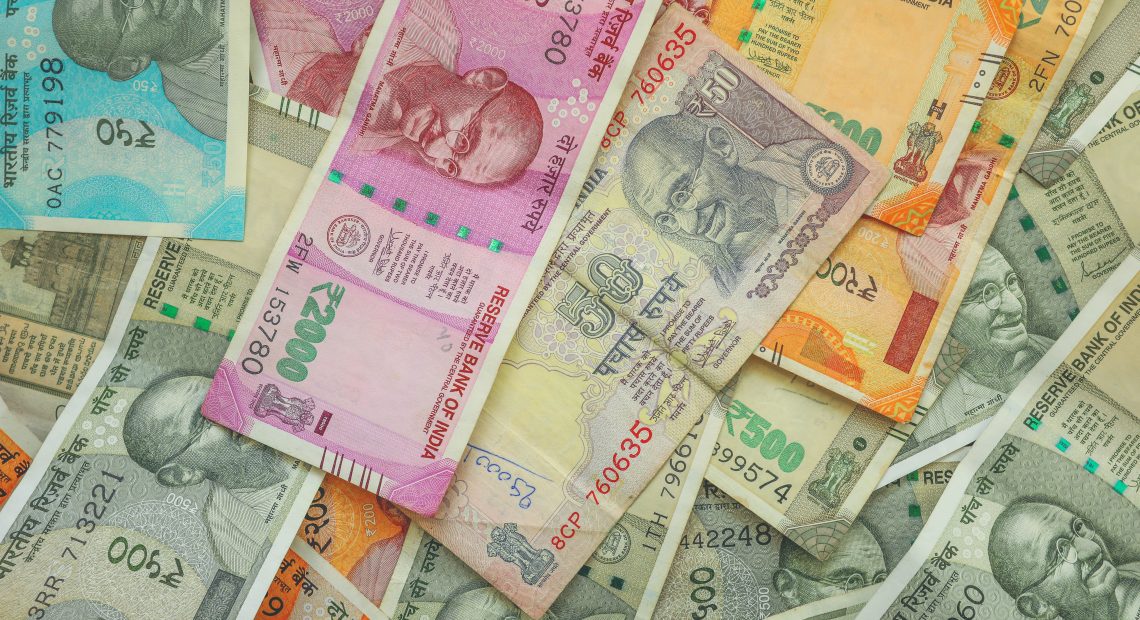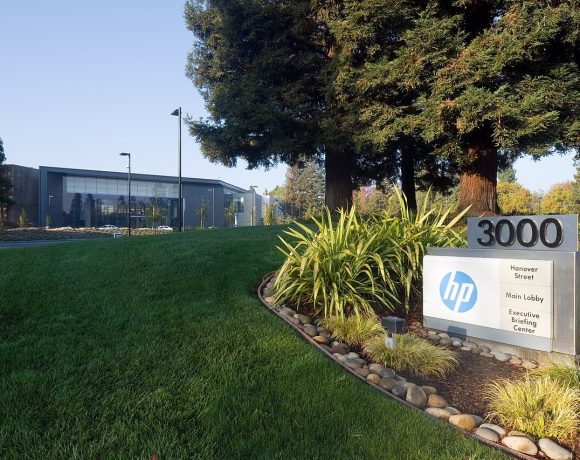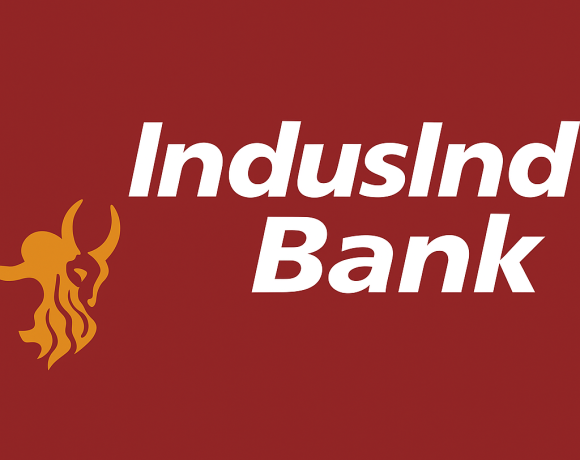
Maharashtra Cooperative Banks Struggle with ₹101 Crore in Demonetised Currency
Eight district central cooperative banks (DCCBs) in Maharashtra are currently holding approximately ₹101.2 crore in demonetised ₹500 currency notes, a predicament persisting for over eight years. The Kolhapur DCCB holds the largest portion, amounting to ₹25.3 crore, followed by the Pune DCCB with ₹22.2 crore.
Challenges in Safekeeping Demonetised Notes
These banks face significant challenges in preserving the obsolete currency. Measures include spraying anti-termite chemicals every three months and securing the notes in designated rooms to prevent deterioration.
Regulatory Hurdles Post-Demonetisation
Following the demonetisation initiative, DCCBs were initially permitted to accept deposits of the withdrawn ₹500 and ₹1,000 notes. However, the Reserve Bank of India (RBI) later restricted DCCBs from accepting these notes, citing compliance and money laundering concerns. In June 2017, the government allowed DCCBs to exchange demonetised currency only if deposited within the initial window set by the RBI in November 2016.
Financial Implications for Cooperative Banks
The inability to exchange these funds has led to financial strain for the affected banks. A managing director of one DCCB expressed concern that the demonetised currency has become a liability, potentially necessitating its classification as a loss if the RBI continues to refuse its exchange.
Historical Context of Demonetisation Impact
At the time of demonetisation, 31 DCCBs in Maharashtra collectively held ₹2,270 crore in demonetised currency. The Pune DCCB had the highest amount at ₹811 crore, followed by the Satara DCCB with ₹399 crore.
Conclusion
The prolonged retention of demonetised currency underscores the ongoing challenges faced by Maharashtra’s cooperative banking sector in resolving issues stemming from the demonetisation policy implemented over eight years ago.


















